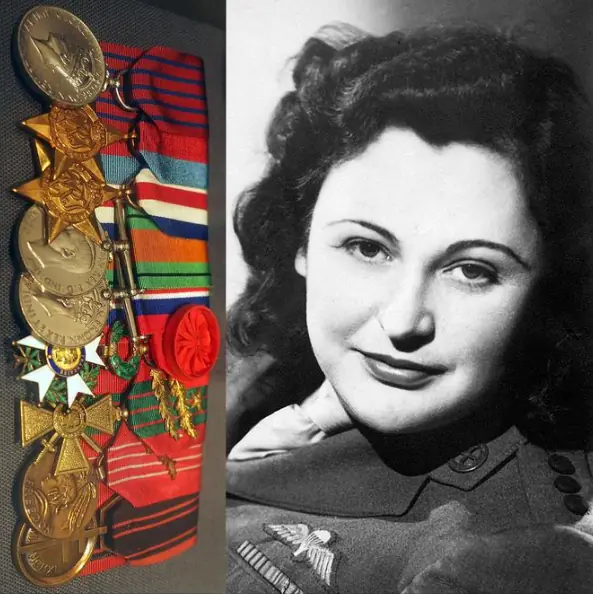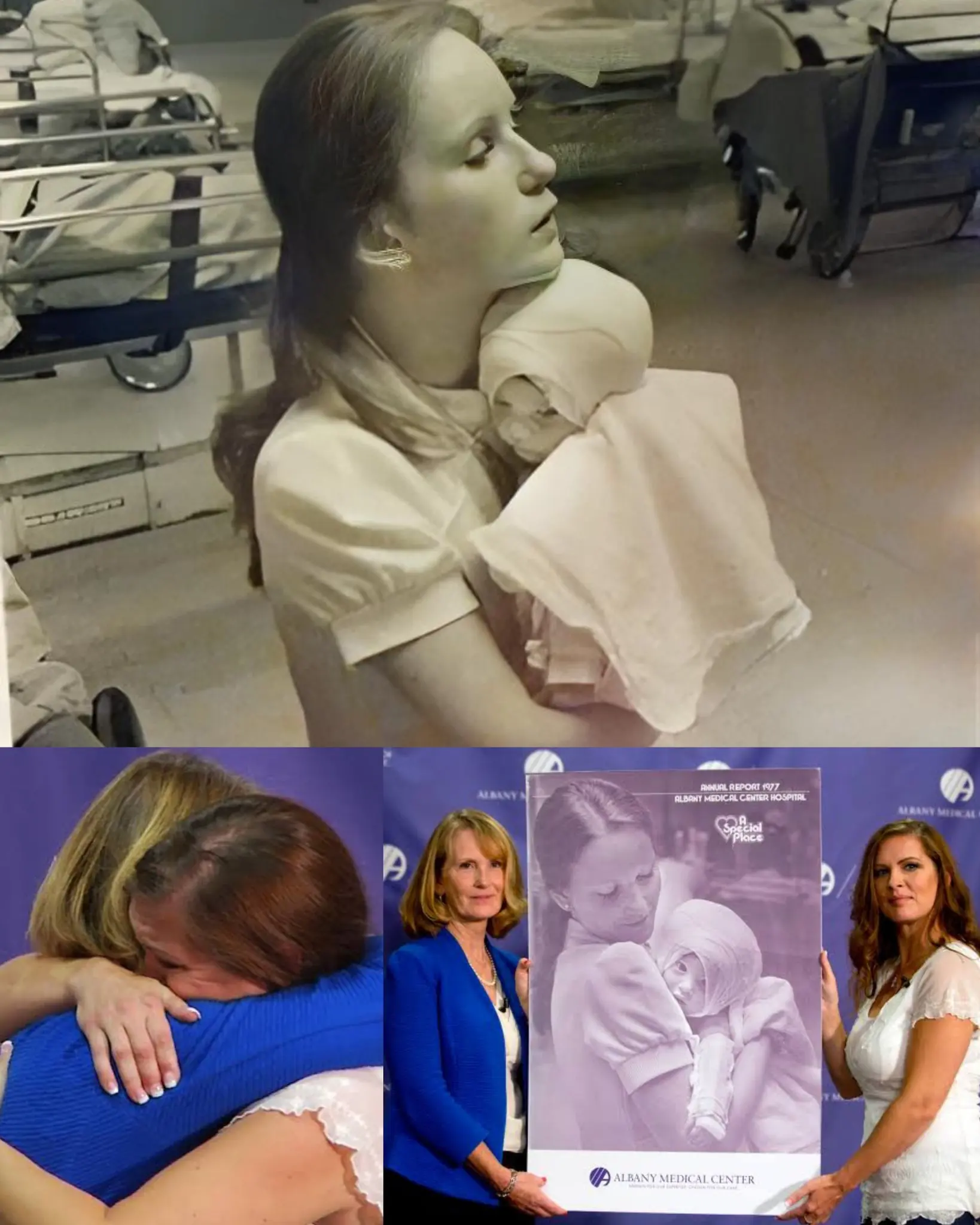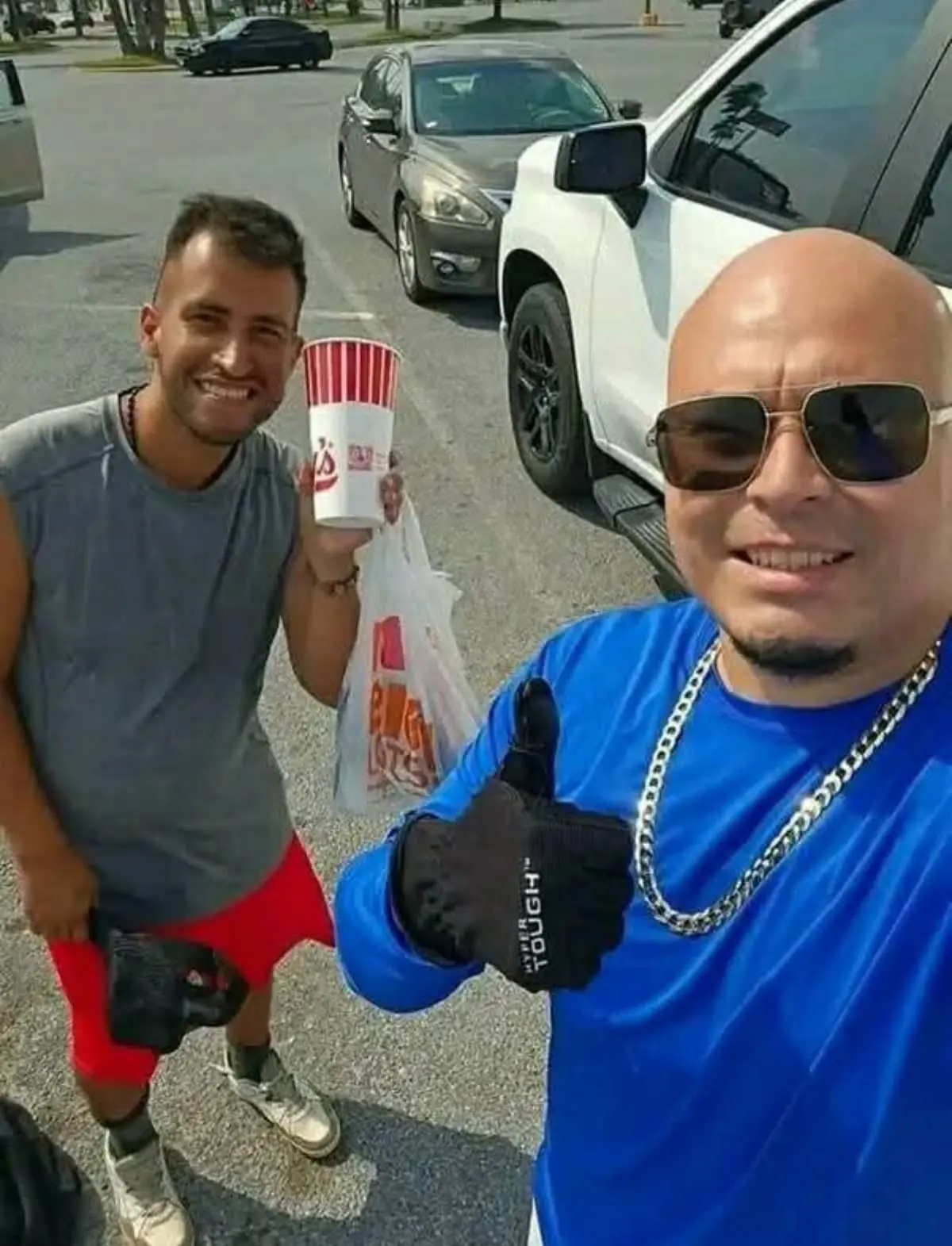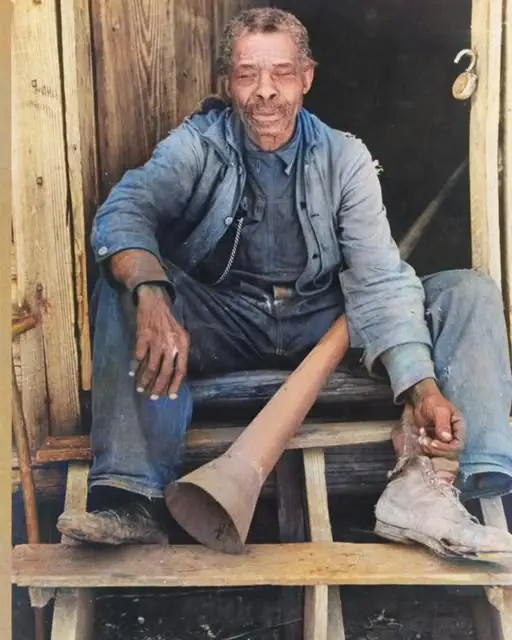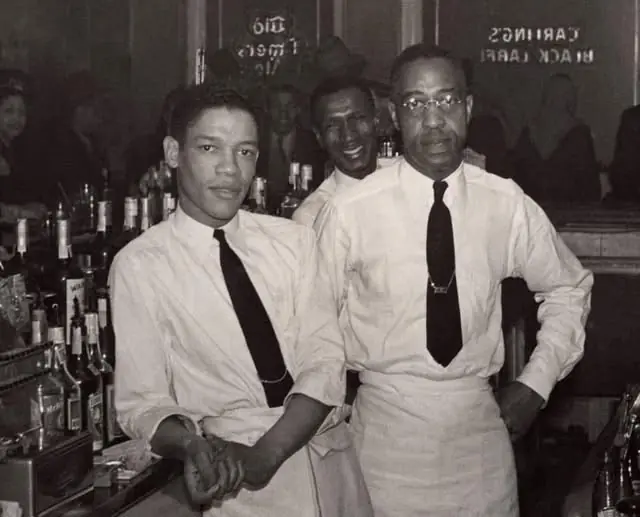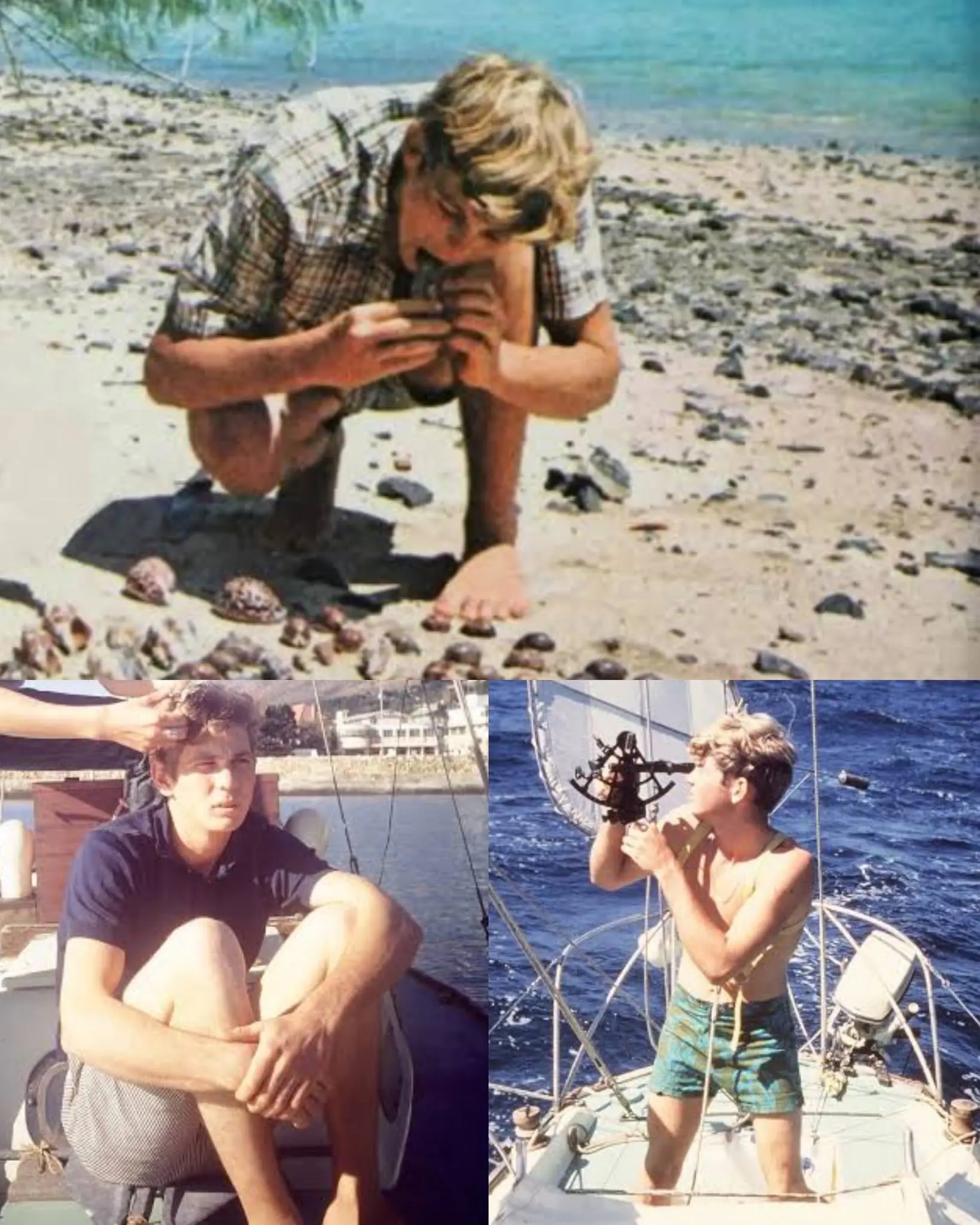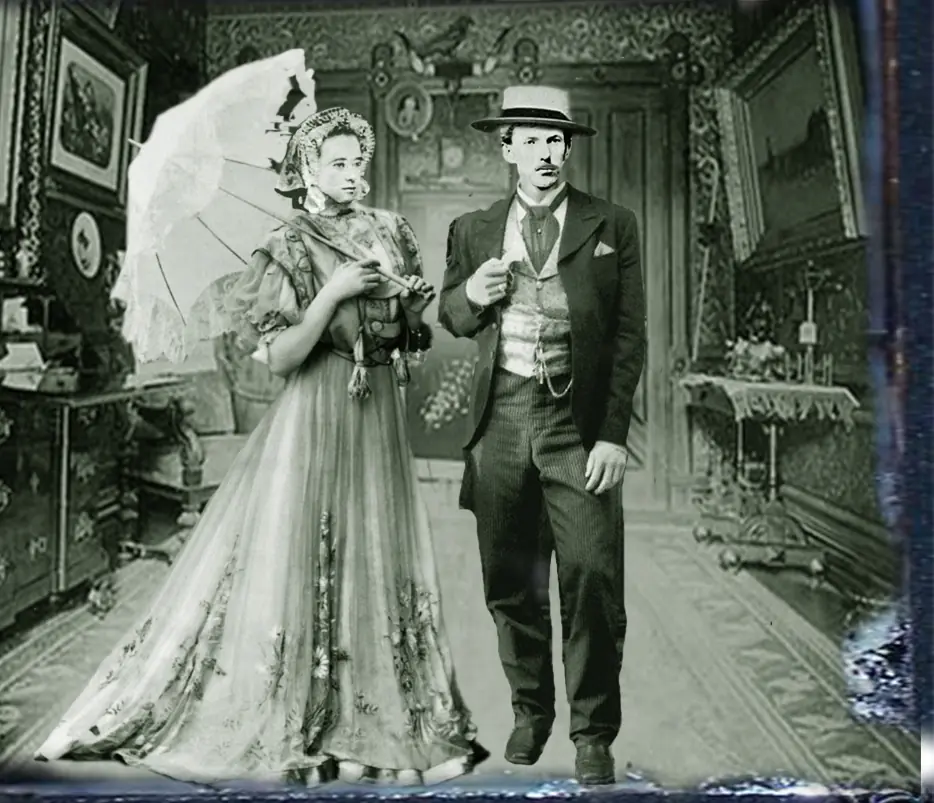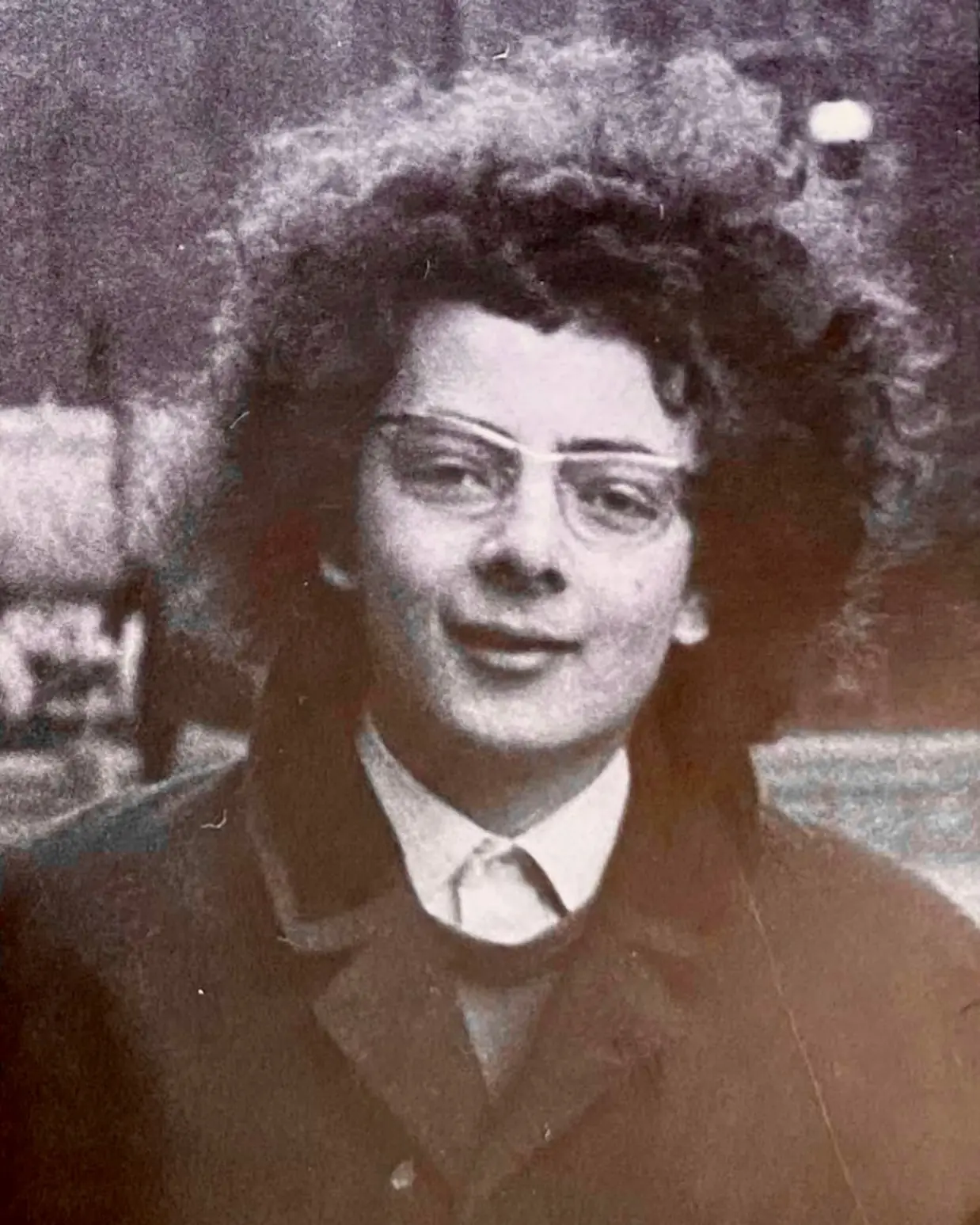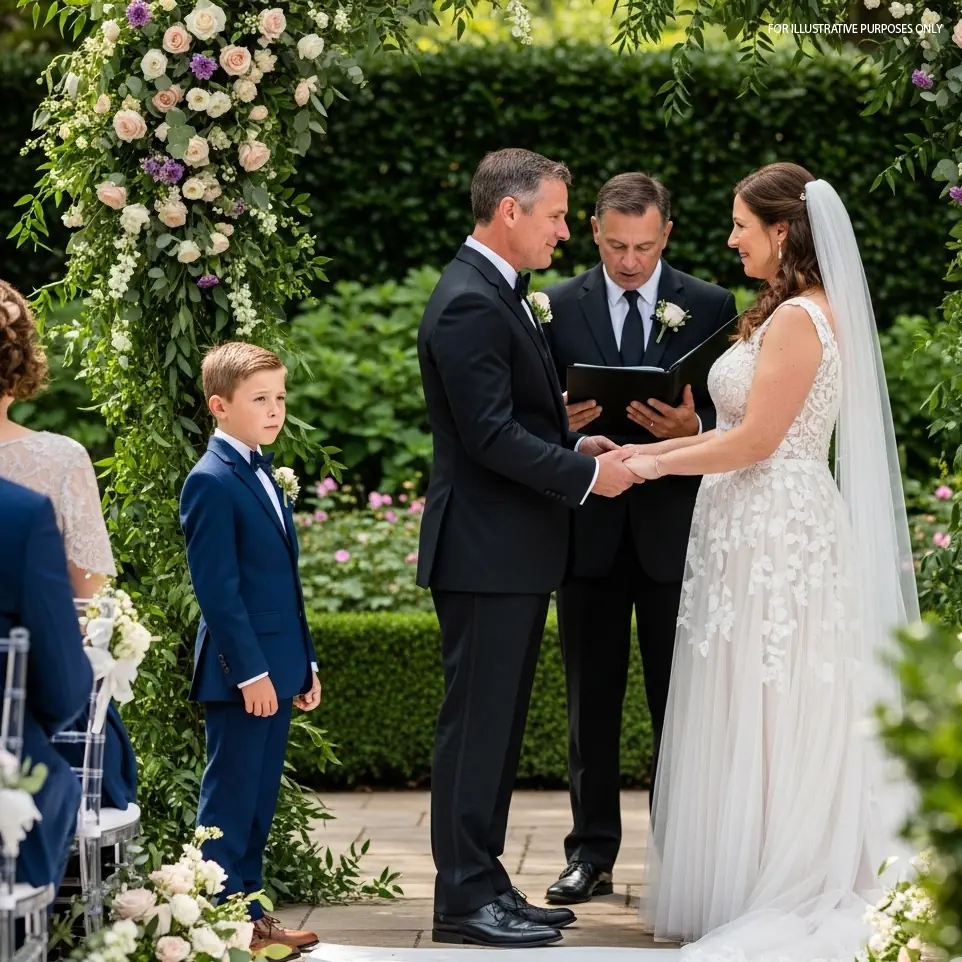A woman struggles with the pressure to help her boyfriend’s dying mother, whose behavior is pushing her to her limits. Torn between family responsibility and her own well-being, she must make a choice that could affect her future with Liam.

The Situation:
I stood there, looking at the packed suitcase by the door, and for the first time in weeks, I felt a sense of peace. The thought of getting on that plane to Europe, finally reconnecting with my mother, was a relief—a beacon of light at the end of a tunnel that had felt far too long and too dark.
I had spent the past few months juggling my demanding life as a full-time student with two jobs, maintaining a 4.0 GPA, and trying to keep my relationship intact. But things had taken a turn—one I never saw coming.
Liam, my boyfriend of over two years, had always been my rock. We lived in a small one-bedroom apartment together, sharing the typical joys and struggles that come with building a life with someone you love. But that all changed when his mother, Tanya, began claiming that she was dying of cancer.
The thing is, no one had confirmed it. No doctor had given a definitive diagnosis. Every hospital visit had ended with her being sent home, and rumors swirled that she might be faking it. But despite all the uncertainty, Liam’s world revolved around his mother’s “illness,” and by extension, so did mine.
It started innocently enough. Tanya, who had been living with her husband David—an alcoholic who seemed to be just as manipulative as she was—decided to stay with us for what was supposed to be one night. That one night turned into an entire week. And that week... that week changed everything.
The Conflict:
Liam and I had barely slept, barely eaten, and barely functioned. Tanya refused to use air conditioning or fans because she claimed they hurt her skin, yet she would blow-dry her hair every morning like she had all the energy in the world. The apartment became an uninhabitable mess: everything had to be silent and dark, and if the slightest sound was made, she’d call for Liam to come and massage her or fetch something for her. She even stormed into our bedroom at 3 am, demanding attention when we were supposed to be asleep.
And it wasn’t just the inconvenience. It was the emotional toll she was taking on both of us. Tanya criticized my Buddhist souvenirs, made rude comments about our lifestyle, and insisted that we hang a cross in our apartment—just because it made her “feel better.” The more I gave in, the more she took. There was no appreciation, no gratitude, only demands.
When I tried to talk to Liam about it, he was too absorbed in her needs to see how much it was affecting me. “She’s my mom,” he would say, his voice thick with guilt. “She needs me.”
I understood. But what I didn’t understand was why her needs had to be prioritized above mine.
Things got worse when Tanya suggested that we move in with her, an hour away from our jobs and school. My heart sank at the thought of it. This wasn’t just a small favor anymore—it was a complete life change, one that would cost me my independence, my peace, and my sense of self.
But I still stayed quiet, thinking it was just a phase. Maybe she would get better. Maybe it wouldn’t be so bad. But then things took a darker turn when Tanya called Liam and me in the middle of the night, demanding we drive to her house because she was “concerned” about her jewelry being stolen by her husband.
We drove there, only for her to insist on going through all her belongings for hours, stalling any real plans to go to the ER. By the time we finally made it to the hospital, it was nearly 5 am. She checked herself in and sent us home—only to call us three hours later, sobbing because she had been turned away.
The endless back-and-forth was taking its toll on me. I was mentally and physically exhausted, but Liam was too caught up in his mother’s drama to see how much it was affecting our relationship. He’d even switched to working remotely to take care of Tanya full-time, putting his career on the line for someone who didn’t seem to appreciate it.
But it wasn’t just Tanya’s demands—it was how Liam reacted. He kept saying things like, “I’ll be happy when she’s gone so we can finally move to Europe.” Yet, when I started planning the trip to visit my mom, someone I hadn’t seen in over a year, things got complicated.
Liam’s attitude shifted when he found out I was planning a 2–3 week trip to Europe to see my mom. I had booked the tickets months ago, and I was looking forward to the break, but Liam, who had been so supportive up until then, suddenly acted like I was being selfish.
“You’re going to leave now?” he asked, his voice laced with disbelief. “How can you leave me with her like this?”
I felt a pang of guilt. “I need this, Liam. I need to go home. I haven’t seen my mom in over a year. You know this trip means a lot to me.”
But Liam wasn’t hearing me. “If I were dying, would you leave me to go on a trip?” he asked, his tone sharp. “Would you go if it were your mom?”
I wanted to scream. I wanted to yell that this wasn’t about comparing situations—it was about my well-being. But I stayed calm, trying to keep my voice steady.
“I’m not abandoning you, Liam. But I need to take care of myself too. I can’t keep putting everyone else’s needs before mine. I’ve been sacrificing so much for your family—my school, my work, my peace of mind—and I’m drowning.”
The Turning Point:
That was the moment I realized something important. I had been so focused on making everyone else happy—on trying to help Liam deal with his mother’s issues—that I had lost myself in the process. I had been neglecting my own needs for far too long, and that wasn’t sustainable.
I decided to call my lawyer. I needed advice on how to set clear boundaries with Liam and his family, especially Tanya. I needed to figure out how to take care of myself while still being there for my partner and my children. I couldn’t keep enabling the toxic dynamic that was suffocating me.
The lawyer was calm, professional, and understanding. She explained that I had every right to prioritize my health and well-being, and I shouldn’t feel guilty about it. She also advised me on how to navigate the situation with Liam, how to communicate my boundaries effectively, and how to balance my needs with my responsibilities.
Armed with this advice, I had a calm, honest conversation with Liam. It wasn’t easy, but I knew it was necessary.
“Liam,” I said, sitting down across from him, “I’ve been putting everyone’s needs before my own for too long. I’ve neglected myself, and it’s taking a toll on me. I need to go to Europe. I need to see my mom. And I need you to respect that.”
Liam was silent for a moment, his face creased with frustration. “But I can’t do this alone. You don’t understand how much I need you right now.”
“I understand, Liam,” I replied softly. “But I need you to understand something too. I’m not abandoning you. I’m just taking a break. I need time to recharge, so I can be the partner you deserve. You need to handle your mom’s situation without me this time.”
Liam’s face softened. “I don’t want to lose you,” he whispered.
“You won’t,” I reassured him. “But I need to find myself again. And sometimes, that means putting myself first.”
The Resolution:
The days leading up to my trip were filled with emotional goodbyes and long, heartfelt conversations with Liam. He didn’t understand at first, but he came to see why I needed this. I needed space, time to heal, time to reconnect with my own family, and time to rediscover who I was outside of my role as a caretaker and partner.
When I finally boarded the plane to Europe, I felt a sense of peace I hadn’t felt in months. The weight on my shoulders began to lift, and for the first time in a long time, I felt like I was doing something just for me.
Liam and I worked through our issues. We communicated better, set clearer boundaries, and ultimately became stronger as a couple. The time apart gave us both perspective on what was truly important and helped us prioritize our own well-being alongside our responsibilities.
I came back from my trip a new person—stronger, more confident, and more sure of what I needed in my relationship. And Liam, too, had grown. We were both ready to move forward, not as two people suffocating under pressure, but as partners who had learned how to support each other without losing ourselves in the process.
